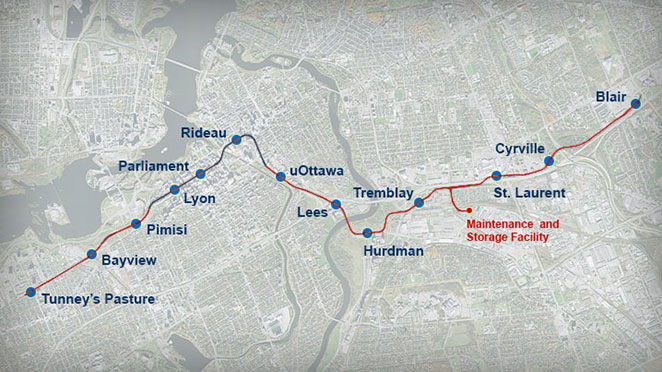April 9, 2014
The “GottaGo!” campaign aims to create a network of safe, accessible, free, clean and environmentally responsible public toilets and water fountains in parks, major transit stops and key public places to meet the needs of residents and tourists in Ottawa.
Why we need a network of public toilets
In a city such as Ottawa the needs of tourists, outdoor activities of families, an aging population and disabled people, and the need to ensure effective public health combine to demonstrate that a network of safe, clean, accessible and environmentally responsible public toilets are essential. There are effective public toilet programs in other capitals like Tokyo, Paris, London, Christchurch and Seoul.
Which of us has not been caught short by our need for a toilet? Crohn’s and Colitis Canada surveyed their members and donors in 2010 only to find that more than 75% of them had been humiliated in this way. What parent has not had their child urinate or defecate behind a tree in a park? Which pregnant woman, tourist, bus user, cyclist or jogger has not had moments where they worry about getting to a facility in time?
Although Ottawa does have public restrooms in large parks, their hours do not accommodate need. Transit stations do not have public toilets. People with urgent needs, such as Crohn’s disease, ulcerative colitis and celiac sufferers, are held captive in their homes and cars. In the city core, where bars and restaurants are located, people urinate after hours in laneways and buildings, and food service owners fret about non-paying customers using their washrooms. Tourists from Asia and Europe are shocked by the lack of public toilets.
Accessible toilets are a public health issue, a disability issue, a tourism issue and a key to sustainable cities and complete streets. The current situation is unacceptable in a capital city.
The proposal
GottaGo! proposes that the National Capital Commission:
- Invest in signage, appropriate hours, staffing, improvements and maintenance for existing public toilets to bring them to an standard fitting to a national capital
- Provide subsidies to private operations on NCC lands in return for improvements to their toilet facilities, open access, oversight and signage
- Add at least one 24/7 unisex wheel-chair accessible, direct access facility to NCC buildings in high traffic areas. Invest in at least two adult “changing stations” for severely disabled users.
- Require new developments in key areas to provide for wheelchair/unisex direct access toilets as part of their permitting .
- Build/install new architecturally beautiful public toilets where required.
Dealing with concerns for safety, security and sanitation
The Ottawa Police Service agrees that toilets located in public or commercial settings can be inclusive and safe environments. They can be facilities that patrons feel confident to use, are easy to maintain, and are resource efficient. Design choices can be made that allow for easy cleaning and management, resistance to vandalism, and low maintenance requirements.
The increased staff required to maintain these toilets in a pristine condition could be a key employment generator. Advertising on the toilets can help defray costs.
“Public toilets represent society’s finest aspirations about responsible civil behaviour.
A great city has great public toilets” (Bridgeman).
Contact: Joan Kuyek, Chair, [email protected]

